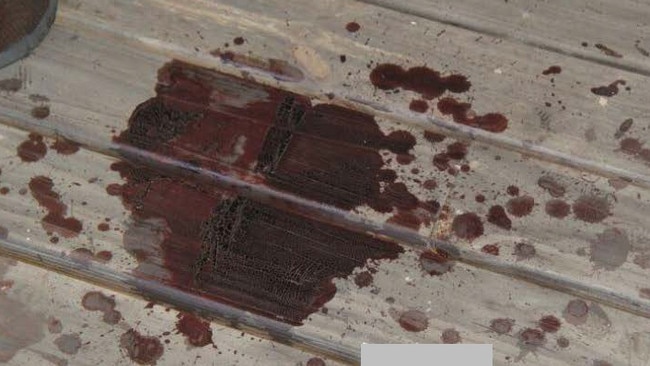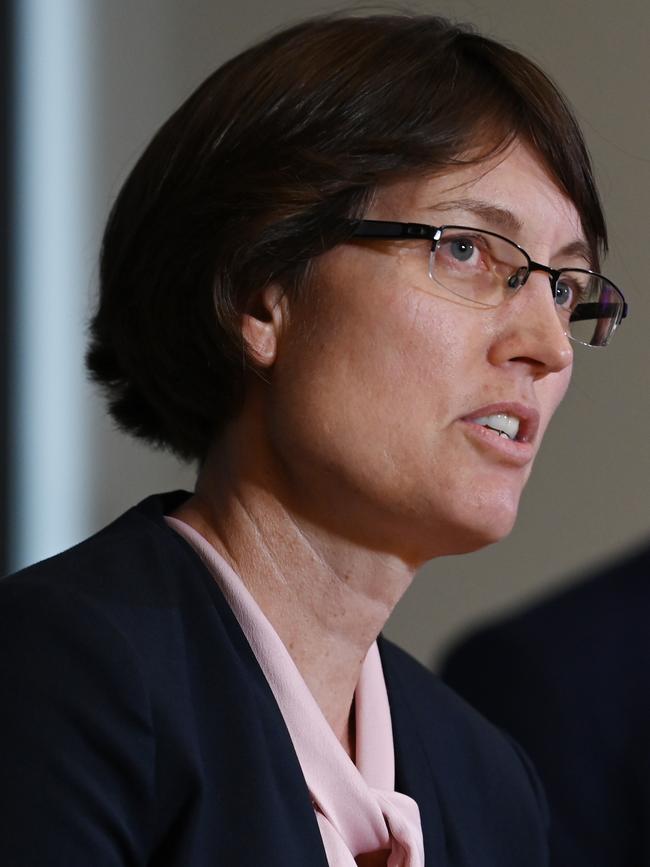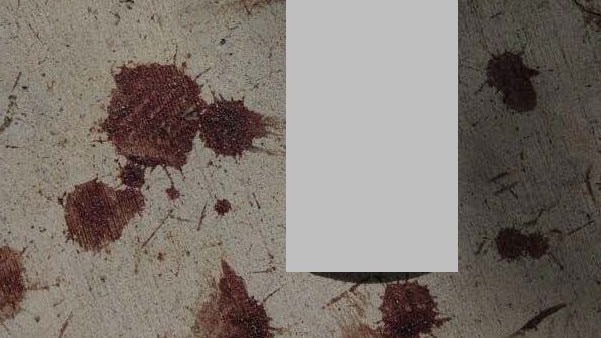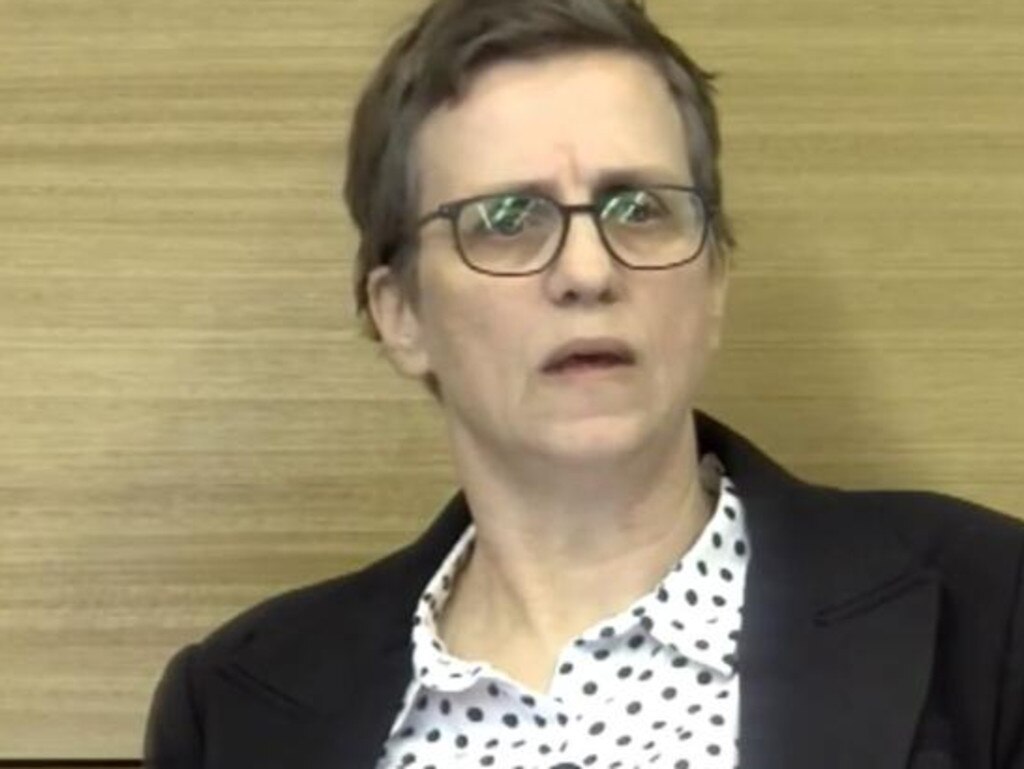Inquiry told further testing found DNA in blood from crime scenes
Stunning crime scene photographs of blood that generated faulty results of `No DNA detected’ have been provided to a royal-commission style Queensland inquiry.

A forensics lab accused of aiding offenders to evade justice was unable to detect DNA in more than 1200 crime scene samples from areas that initially tested positive to blood.
Photographs of blood-soaked crime scenes that generated faulty results of “No DNA detected” in the lab have been provided by police to a royal commission-style inquiry.
In each of the cases pictured, samples underwent further testing at the request of police or scientists and yielded DNA profiles.
Kirsty Wright discovered in The Australian’s Shandee’s Story podcast that among a litany of other lab failures in the unsolved 2013 murder of 23-year-old Shandee Blackburn, no DNA was detected in a sample from a fresh pool of blood.


Her revelations in the series eventually led the state government to launch a $6m commission of inquiry into forensic DNA testing in Queensland, led by retired Court of Appeal president Walter Sofronoff KC.
Police have told the inquiry that almost one in every four crime scene samples listed as “No DNA detected” by the lab that were later submitted for testing yielded a profile.
Inspector David Neville, the head of the police DNA management unit, conducted a review of samples this year amid mounting indications the flawed processes of a rogue lab were helping offenders remain at large. He reviewed samples dating back to 2011 originally reported as “No DNA detected”, that were later subjected to testing at the request of investigators or the lab’s scientists.
“Out of the 205 samples that were further tested, 49 provided some type of profile,” Inspector Neville said in an addendum statement to the inquiry.
“Out of the 49 that yielded a profile, 27 provided results that are considered highly probative.”
Highly probative profiles produced a likelihood ratio of 100 billion to one that an individual contributed DNA in a crime sample, or were otherwise suitable for uploading to the national DNA database.
A total of 34,389 samples reported as “No DNA detected” in that period, including 17,526 that related to unsolved matters. Of these, 1238 had returned positive presumptive results for the presence of blood when police carried out initial tests at crime scenes, Inspector Neville’s statement reveals.
Dr Wright began raising her serious concerns about the lab in Shandee’s Story in November last year, calling for it to be shut down pending an independent investigation.
Inspector Neville then raised his own concerns with the lab in December last year after blood on a shard of glass initially generated a result of “No DNA detected” in the lab.
Police challenged the results, knowing that blood was a rich source of DNA; subsequent testing returned a profile that solved the case.
In a February 14, 2022, a ministerial briefing note provided to the inquiry, Inspector Neville raised the issue of the lab being unable to obtain DNA profiles from blood.
“Based on anecdotal evidence, it would appear that the process used to estimate the quantity of DNA present may be inaccurate on occasions,” Inspector Neville wrote.
“This is based on an examination of the types of samples which would be expected to contain very high concentrations of DNA including blood.”

The ministerial note was never sent, after Inspector Neville and Superintendent Dale Frieberg decided to instead prepare an internal executive briefing note (EBN) and a letter from Police Commissioner Katarina Carroll to the health department’s director-general. “The EBN and letter were approved by Superintendent Frieberg and submitted to the Assistant Commissioner Operations Support Command on 22 February,” Inspector Neville states.
Another superintendent, Bruce McNab, returned as Inspector Neville’s boss in March.
“My understanding is that upon return to his role, Superintendent McNab requested that the EBN and letter be returned to his office, which occurred and the documents were not further progressed,” Inspector Neville states.
Inspector Neville was “unaware that this had occurred until June 2022”, raising important questions for the inquiry over the police service’s handling of his significant concerns.








To join the conversation, please log in. Don't have an account? Register
Join the conversation, you are commenting as Logout